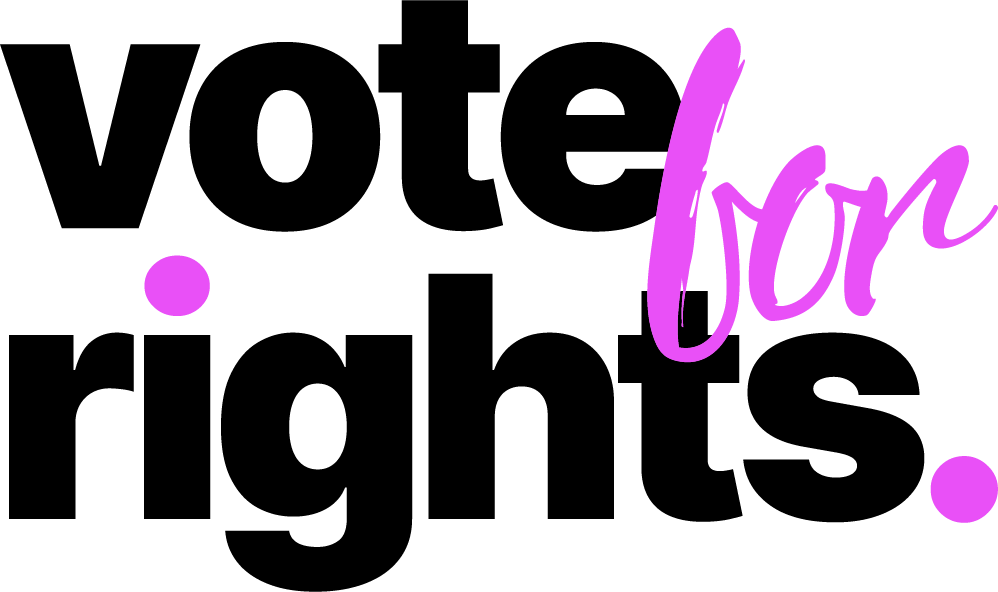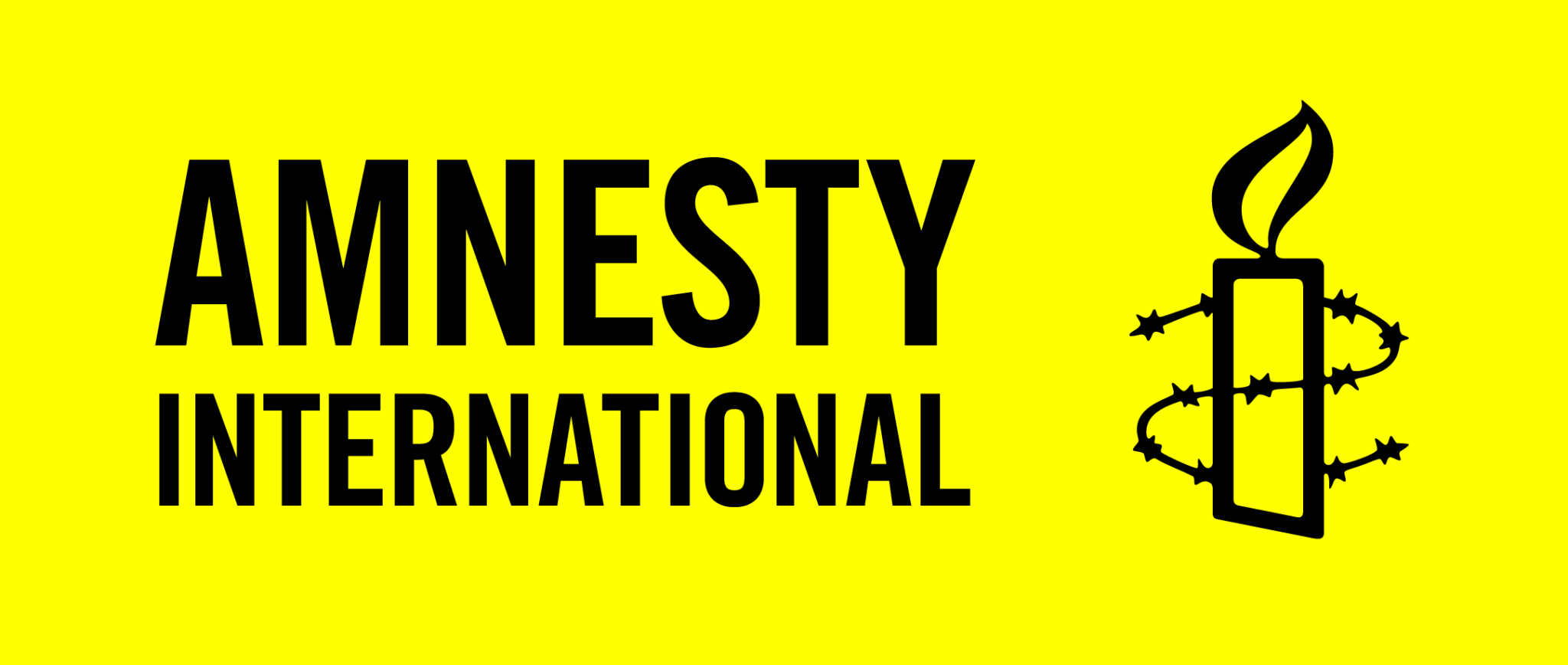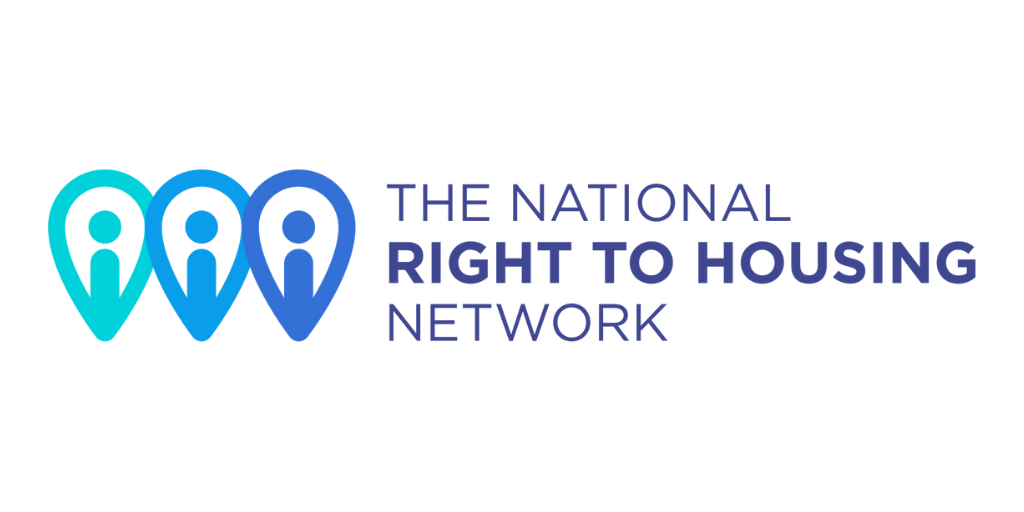VOTING IS MORE THAN A CHOICE
Your vote is your megaphone. Your ballot is your power. Let’s put human rights first and #VoteForRights.
Vote for Rights
"*" indicates required fields
Don’t miss your chance to vote louder!
Your Voice.
Your Vote.
Your Future.
Your Voice.
Your Vote.
Your Future.
The 2025 Federal Election is a defining moment for Canada. Climate justice, Indigenous rights, corporate accountability, affordable housing, racial justice, gender equality, refugee protection, and human rights in Canada and around the world are all at stake.
Your vote is your megaphone. Your ballot is your power. It’s time to VOTE LOUDER.
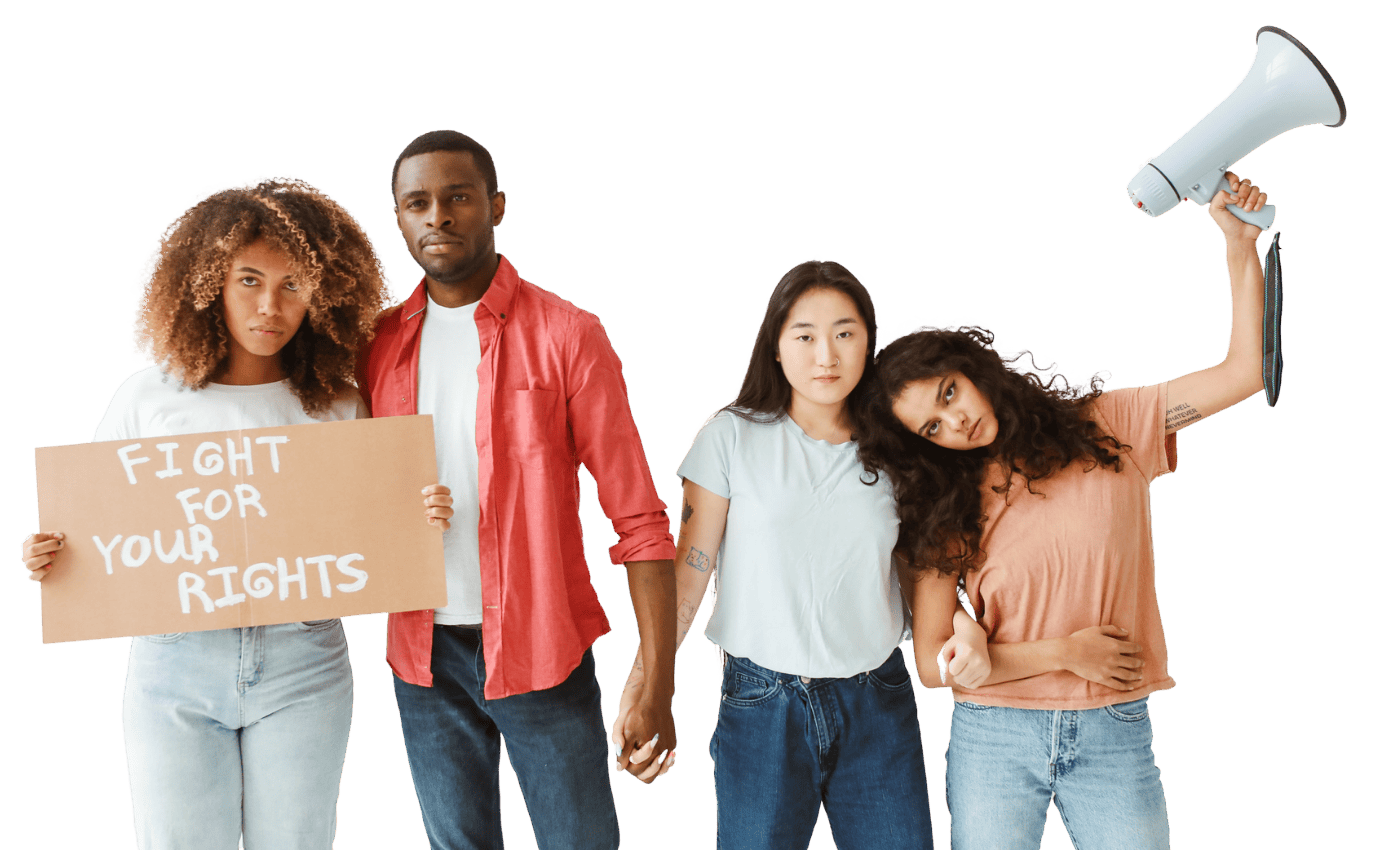
Key
Human
Rights
Issues
The next federal government must have justice, dignity and equality as its foundational principles. The stakes have never been higher and the challenges are immense. Urgent action is needed. More than a sum of its parts, this call to action represents a human rights platform. It is an opportunity for the next government to ensure that justice, dignity, and equality are not just ideals but are the core of its polices.
- Indigenous Rights & Self-Determination
In order to advance Indigenous rights and self-determination, issues related to Indian Act discrimination, free prior and informed consent, child welfare, residential schools, language and culture and missing and murdered Indigenous women must be addressed and made paramount.
Recommendations:
- End Indian Act Discrimination.
- Uphold Free Prior and Informed Consent.
- Address the Indigenous Child Welfare Crisis.
- Investigate Potential Criminal Activities at Residential Schools.
- Fully Implement Indigenous Languages Act.
- Fund Murdered and Missing Indigenous Women and Girls Initiatives.
- Use of the Notwithstanding Clause to Override Rights
The Canadian Charter of Rights and Freedoms guarantees fundamental rights. Yet, the increasing use of Section 33, the notwithstanding clause, threatens these protections particularly for 2SLGBTQQIA+ communities.
Recommendations:
- End the Use of the Notwithstanding Clause to override Rights.
- Rescind Discriminatory Laws.
- Protect 2SLGBTQQIA+ Rights.
- Racial Justice
People of African descent represent a distinct group whose rights must be promoted and protect. A Canadian Employment Equity report underlines this call. A class action by Black federal workers speaks to systemic discrimination. And the UN has declared the International Decade for People of African Descent.
Recommendations:
- Appoint a Black Equity Commissioner.
- Include Black People and 2SLGBTQI+ as new EEA groups.
- Ensure Black workers get remedies.
- Develop support systems for Black federal employees.
- Investigate complaints and conduct regular audits.
- Support the Permanent forum for People of African Descent.
- Rights of Refugees & Asylum Seekers
Canada must combat anti-refugee and anti-migrant discrimination and discriminatory discourse such as implying migrants are to blame for the increasing cost of living. While governments have the right to design immigration policies, they cannot violate migrants’ and refugees’ rights.
Recommendations:
- Withdraw from the Safe Third Country Agreement.
- Overhaul Temporary Workers Program.
- End Use of Jails and Prisons for Immigration Detention.
- Ensure Access to Healthcare.
- Corporate Accountability
Canadian multinationals and importers are implicated in the persecution of Human Rights and Environmental Defenders. The abuses include killings, sexual violence, water contamination, land grabs, and forced labour. From food we eat, to clothes we wear, to metals in our phones, we are all implicated.
Recommendations:
- Pass mandatory human rights and environmental due diligence legislation.
- Empower the Canadian Ombudsperson for Responsible Enterprise to be an effective watchdog of Canadian companies abroad.
- End Canada's support to companies that fail to protect human rights and the environment.
- Support the passage of a strong United Nations treaty on business and human rights.
- Climate Change, Human Rights & Justice
Canada is warming twice as fast as the rest of the world, and the Canadian Arctic is warming four times as fast. The right to life, health, food, water, housing, education, decent work, cultural rights, and the right to a healthy environment are all at unprecedented risk.
Recommendations:
- Support the global effort to avoid the worst effects of climate change.
- Reduce emissions and phaseout fossil fuels.
- Help communities increase resiliency in the face of climate change.
- Hold polluters accountable.
- Uphold the right to a healthy environment.
- Housing Crisis
Housing, as fundamental human right, is recognized in Canada’s National Housing Strategy Act (NHSA). Despite this, Canada is in the midst of a deepening housing crisis. Homelessness is on the rise with at least 235,000 people experiencing homelessness annually.
Recommendations:
- Strengthen Federal Leadership on Homelessness and Housing Precarity.
- Protect and Expand Affordable and Non-Market Housing.
- Implement National Standards for Renters’ Rights.
- Prevent and Reverse the Financialization of Housing.
- Address Systemic Barriers to Housing for Marginalized Groups.
- Poverty & Inequality in Canada
Poverty and inequality in Canada is a crisis that can no longer be ignored. Canada has to act now to radically and rapidly reduce inequality, decolonize the economy and invest in poverty reduction by taxing the ultra-rich and ending extreme wealth and power concentration in the hands of a few.
Recommendations:
- Ensure Canadian corporations pay their fair share of taxes.
- Introduce a permanent wealth tax on the richest Canadians.
- Commit to a public review of federal tax loopholes.
- Ensure oversight of grocery sector.
- Prioritize low-income housing needs.
- Reduce poverty for people with disabilities.
- Remove barriers to public supports and programs.
- International Arms Trade
Canada has flouted its international arms control obligations by transferring weapons to actors that pose a substantial risk of using those arms in serious human-rights violations. Canada has also failed to fully implement its obligations under the UN Arms Trade Treaty (ATT).
Recommendations:
- End Arms Transfers to Israel.
- End Arms Exports to Saudi Arabia.
- Reintroduce Presumptive Denial Policy on Arms Exports to Türkiye.
- Close U.S. Arms Export Loopholes.
What are human rights?
Human rights are for everyone, everywhere, always. They are tools we use to care for each other and make our world safer, healthier, and fairer for everyone.
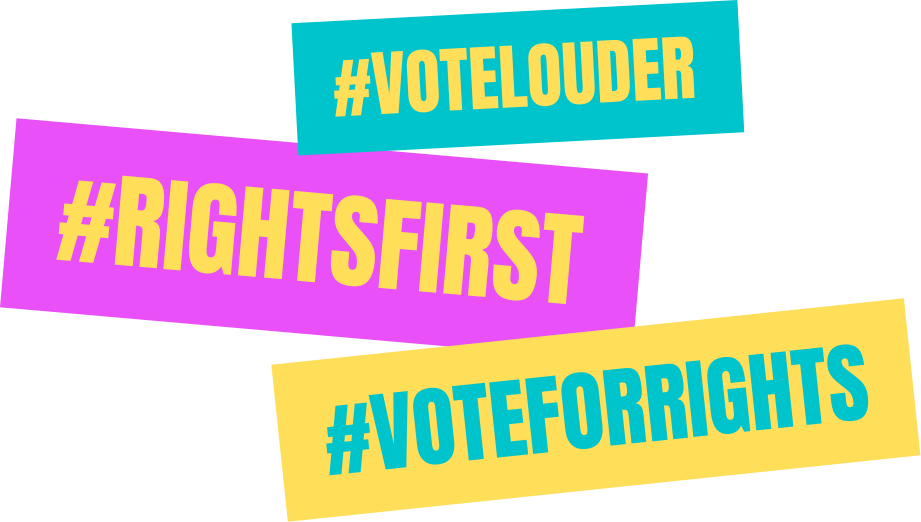
Here's the deal...
The right to live in a safe, healthy environment.
The right to be treated fairly, no matter who you are.
The right to speak your mind and peacefully protest.
The right to have a roof over your head and food on your plate.
The right to make decisions about your own body and future.
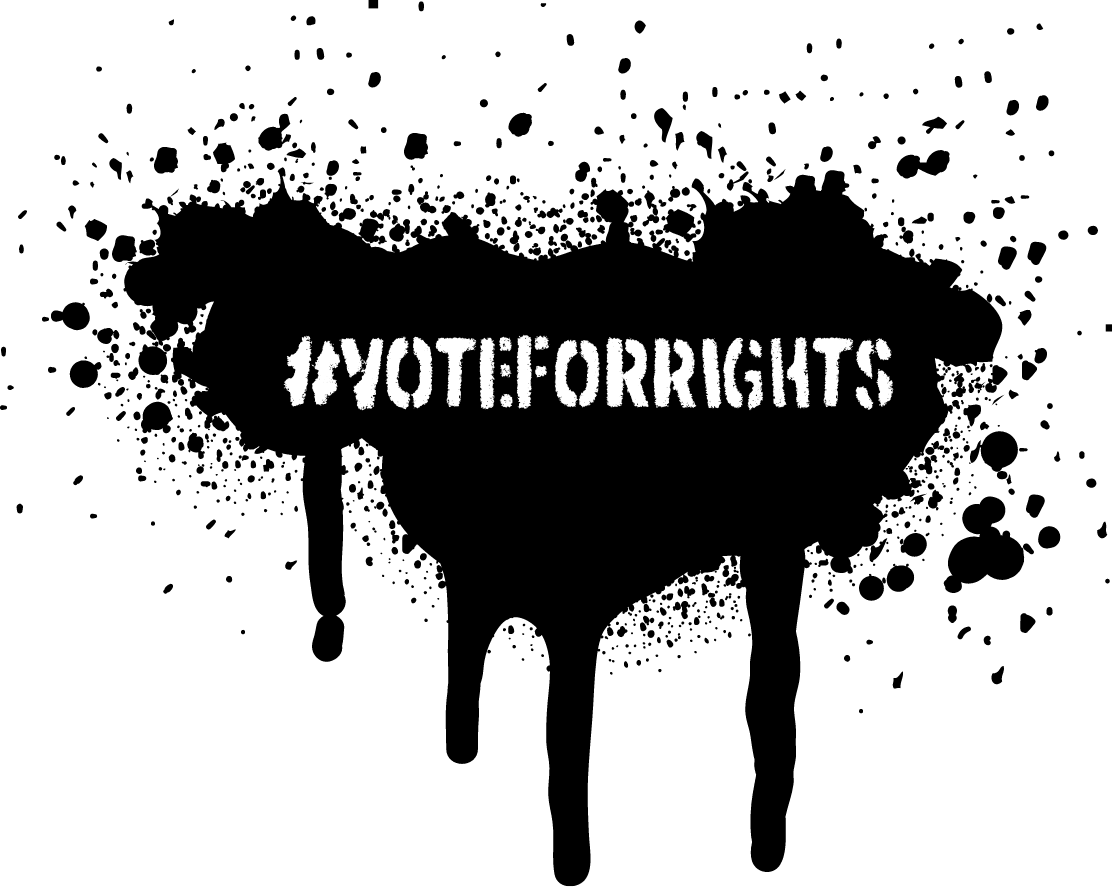
Sounds pretty basic, right?
It should be. But too often, these rights are ignored, threatened, or denied. That’s why we need to hold our candidates accountable — no matter their political stripes — and make sure they protect your rights.
#VoteForRights isn’t just a slogan—it’s a movement to make sure your voice is heard, and your rights are protected. Because when we vote louder, we build a Canada that cares for everyone.

What happens if you don't vote?
Not voting isn’t just sitting this one out—it’s handing power to those who use hate, fear and scapegoating to look stronger and get richer.
HERE IS WHAT’S AT STAKE IF WE DON’T SHOW UP…
More climate disasters, less action.
Wildfires, floods, and heatwaves will worsen while politicians roll back climate policies.
Housing gets even more unaffordable.
Corporate landlords and speculators will keep driving prices up, pushing more people into homelessness.
Protests and dissent get silenced.
Activists and Indigenous land defenders will face even harsher crackdowns.
Billionaires get richer. You get poorer.
Corporations will keep dodging taxes while the cost-of-living skyrockets.
The rights we’ve fought for will be reversed
Women, 2SLGBTQQIA+, and marginalized communities lose protections.
Politicians work for YOU. Demand answers NOW. Vote LOUDER.
Register to vote today.
Resources
Downloadable Files
Take action
Join the #VoteForRights Movement
Be part of a nationwide movement demanding a #RightsFirst election. Share our content, attend events, and spread the word.
Ask Party Leaders Where They Stand
Politicians work for you. Demand clear answers. Message candidates or tag them with questions on social media using the hashtag #VoteForRights.
Register to Vote
Voting is the most powerful way to make change last. Make sure you’re registered and ready.
-
Climate Justice
& Global Warming -
Climate Justice & Global Warming

Extreme weather events exacerbated by climate change and the burning of fossil fuels are displacing a greater number of communities all over Canada each year, with a disproportionate impact on the health and socio-economic conditions of children, women, Indigenous Peoples and other vulnerable groups. In a world dangerously off track to meet global temperature goals, costs related to climate disasters are expected to rise to an estimated $25 Billion by 2025. With Canada warming twice as fast as the rest of the world, and the Canadian Arctic warming four times as fast, human rights to life, health, food, water, housing, education, decent work, cultural rights, and the right to a healthy environment, are all at unprecedented risk.
Fossil fuels are the unequivocal source of this crisis. According to the Intergovernmental Panel on Climate Change (IPCC), the continued exploitation and expansion of oil, coal and gas have already had profound and cascading impacts across the full spectrum of human rights. From extraction to combustion, the detrimental human rights impact of Canada’s fossil fuel-based economy is well-documented. ‘Man-camps’ housing thousands of oil sands workers, as well as other resource extraction (oil, gas, mining) projects have been associated to increased and systemic violence against Indigenous women, prompting the National Inquiry on Missing and Murdered Indigenous Women and Girls to call upon the federal, provincial, and territorial governments to further investigate the relationship between longstanding resource extraction projects and violence against Indigenous women, girls, and 2SLGBTQQIA people. Canada’s longstanding campaign of surveillance against Wet’suwet’en land defenders is also intimately linked to the fossil fuel economy.While the human right to a healthy environment is a universally recognized fundamental human right that has recently been enshrined in federal legislation, violence against environmental defenders continues to rise.
Human rights and the environment are interdependent. A healthy environment is necessary for the full realization of a range of human rights, such as the rights to life and water. Yet the human right to a healthy environment cannot be achieved without upholding other fundamental human rights, such as the right to free speech, the right to protest, the right to health, and the rights of Indigenous Peoples, alongside robust environmental protections.
Just south of Canadian border, the recently elected United States government’s outright rejection of climate law and policy has been coupled with escalating hostility against human rights defenders and migrants, attacks on independent science and international institutions, and the increasing dissemination of misinformation and disinformation. Canada’s next government must avert this risk and bolster climate action at the economy-wide scale to effectively protect the public from environmental, economic and social harms linked to the climate crisis.Recommendations
- Reduce emissions to support the global effort to avoid the worst effects of climate change.
- Fulfill Canada’s legal duty to protect the climate system, as per state obligations under the Paris Agreement on climate change, the UN Convention on the Law of the Sea, the United Nations’ human rights treaties, and customary international law.
- Defend, strengthen, and build on climate policies that are delivering emissions reductions and commit to a credible plan for achieving Canada’s legislated emissions reduction target.
- Pursue policies to achieve net-zero electricity by 2035 and support fossil fuel phaseout.
- Hold polluters accountable.
- Cap and cut fossil fuel sector emissions to ensure Canada’s largest source of greenhouse gas emissions does its fair share.
- Close loopholes in Canada’s new framework for phasing out inefficient fossil fuel subsidies and end all public financing of fossil fuels.
- Prevent greenwashing and ban fossil fuel advertising.
- Require major polluters to help pay for damages caused by the climate crisis.
- Help communities increase resiliency in the face of climate change.
- Fund and implement Canada’s Adaptation Strategy.
- Scale up Canada’s contribution to international climate financing for vulnerable, lower-income countries.
- Uphold the right to a healthy environment.
- Advocate for the better protection of environmental human rights and the protection of environmental and land defenders.
- Advance environmental justice and the protection of climate-vulnerable groups in Canada by:
- Developing and implementing a robust national strategy to promote efforts across Canada to advance environmental justice and to assess, prevent, and address environmental racism.
- Establishing an Environmental Justice office to ensure ongoing institutional capacity to community supports to deliver on this mandate.
- Pursue effective implementation of the new right to a healthy environment under the Canadian Environmental Protection Act and expand the right to apply under other federal laws.
- Housing is a Human Right
-
- Corporate Accountability
-
-
Indigenous Rights
& Self-Determination -
-
Racial Justice
& Employment Equity -
-
Gender Rights & the
Notwithstanding Clause -
-
Refugee & Asylum
Seeker Rights -
-
Extreme Wealth
& Economic Inequality -
- Canada's Role in Arms Trade
-
Climate Justice & Global Warming
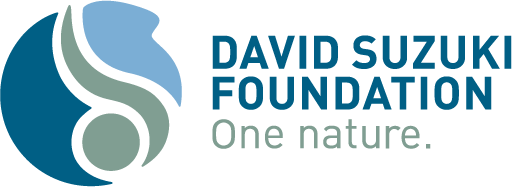
Extreme weather events exacerbated by climate change and the burning of fossil fuels are displacing a greater number of communities all over Canada each year, with a disproportionate impact on the health and socio-economic conditions of children, women, Indigenous Peoples and other vulnerable groups. In a world dangerously off track to meet global temperature goals, costs related to climate disasters are expected to rise to an estimated $25 Billion by 2025. With Canada warming twice as fast as the rest of the world, and the Canadian Arctic warming four times as fast, human rights to life, health, food, water, housing, education, decent work, cultural rights, and the right to a healthy environment, are all at unprecedented risk.
Fossil fuels are the unequivocal source of this crisis. According to the Intergovernmental Panel on Climate Change (IPCC), the continued exploitation and expansion of oil, coal and gas have already had profound and cascading impacts across the full spectrum of human rights. From extraction to combustion, the detrimental human rights impact of Canada’s fossil fuel-based economy is well-documented. ‘Man-camps’ housing thousands of oil sands workers, as well as other resource extraction (oil, gas, mining) projects have been associated to increased and systemic violence against Indigenous women, prompting the National Inquiry on Missing and Murdered Indigenous Women and Girls to call upon the federal, provincial, and territorial governments to further investigate the relationship between longstanding resource extraction projects and violence against Indigenous women, girls, and 2SLGBTQQIA people. Canada’s longstanding campaign of surveillance against Wet’suwet’en land defenders is also intimately linked to the fossil fuel economy.
While the human right to a healthy environment is a universally recognized fundamental human right that has recently been enshrined in federal legislation, violence against environmental defenders continues to rise.
Human rights and the environment are interdependent. A healthy environment is necessary for the full realization of a range of human rights, such as the rights to life and water. Yet the human right to a healthy environment cannot be achieved without upholding other fundamental human rights, such as the right to free speech, the right to protest, the right to health, and the rights of Indigenous Peoples, alongside robust environmental protections.
Just south of Canadian border, the recently elected United States government’s outright rejection of climate law and policy has been coupled with escalating hostility against human rights defenders and migrants, attacks on independent science and international institutions, and the increasing dissemination of misinformation and disinformation. Canada’s next government must avert this risk and bolster climate action at the economy-wide scale to effectively protect the public from environmental, economic and social harms linked to the climate crisis.
Recommendations
- Reduce emissions to support the global effort to avoid the worst effects of climate change.
- Fulfill Canada’s legal duty to protect the climate system, as per state obligations under the Paris Agreement on climate change, the UN Convention on the Law of the Sea, the United Nations’ human rights treaties, and customary international law.
- Defend, strengthen, and build on climate policies that are delivering emissions reductions and commit to a credible plan for achieving Canada’s legislated emissions reduction target.
- Pursue policies to achieve net-zero electricity by 2035 and support fossil fuel phaseout.
- Hold polluters accountable.
- Cap and cut fossil fuel sector emissions to ensure Canada’s largest source of greenhouse gas emissions does its fair share.
- Close loopholes in Canada’s new framework for phasing out inefficient fossil fuel subsidies and end all public financing of fossil fuels.
- Prevent greenwashing and ban fossil fuel advertising.
- Require major polluters to help pay for damages caused by the climate crisis.
- Help communities increase resiliency in the face of climate change.
- Fund and implement Canada’s Adaptation Strategy.
- Scale up Canada’s contribution to international climate financing for vulnerable, lower-income countries.
- Uphold the right to a healthy environment.
- Advocate for the better protection of environmental human rights and the protection of environmental and land defenders.
- Advance environmental justice and the protection of climate-vulnerable groups in Canada by:
- Developing and implementing a robust national strategy to promote efforts across Canada to advance environmental justice and to assess, prevent, and address environmental racism.
- Establishing an Environmental Justice office to ensure ongoing institutional capacity to community supports to deliver on this mandate.
- Pursue effective implementation of the new right to a healthy environment under the Canadian Environmental Protection Act and expand the right to apply under other federal laws.

Don’t just campaign on human rights —deliver it.
Politicians
WILL YOU COMMIT TO HUMAN RIGHTS?
We are watching.
We are mobilizing.
And we will hold you accountable.
Sign the Human Rights Commitment Pledge. Show Canadians where you stand.
Partners
Contact
Copyright© 2025 Amnesty International Canada
